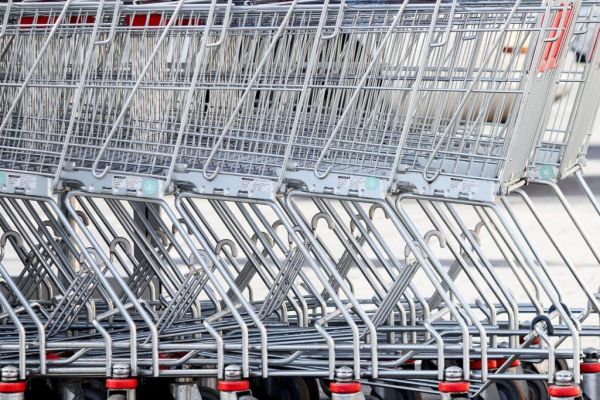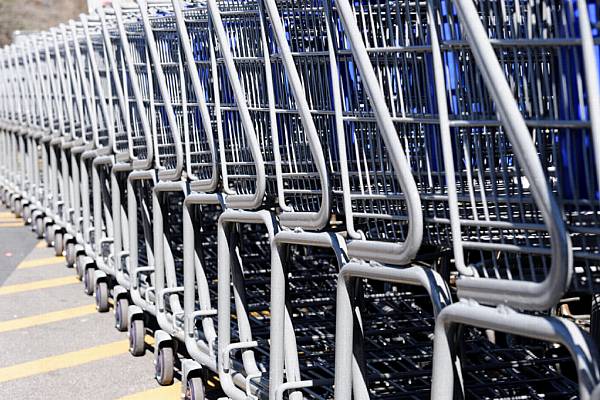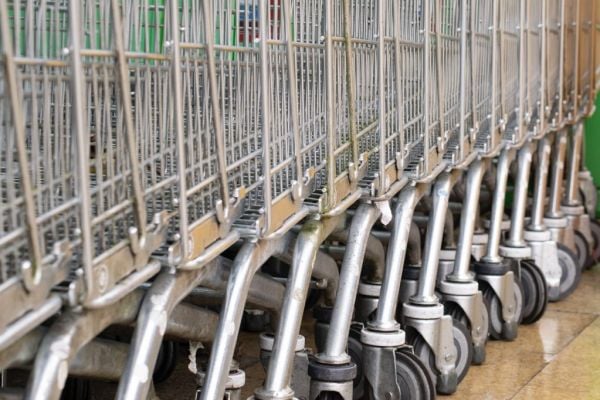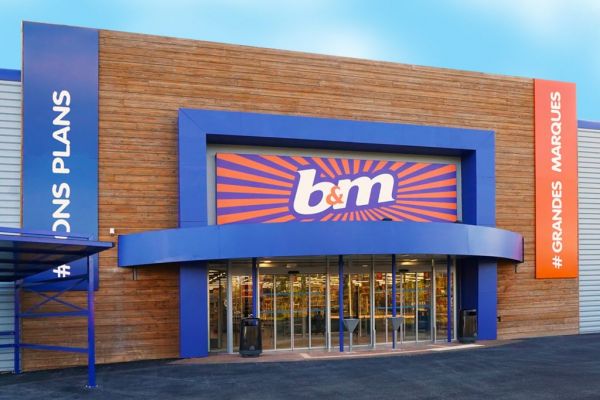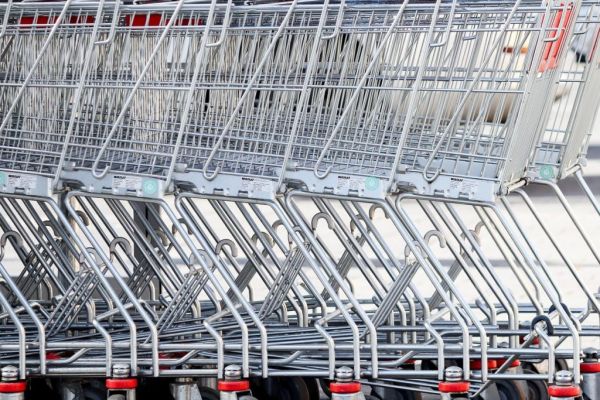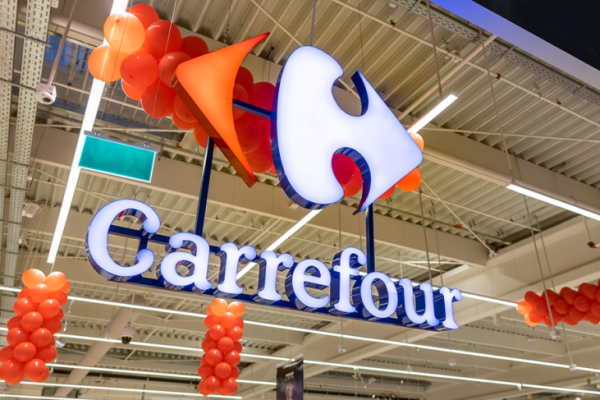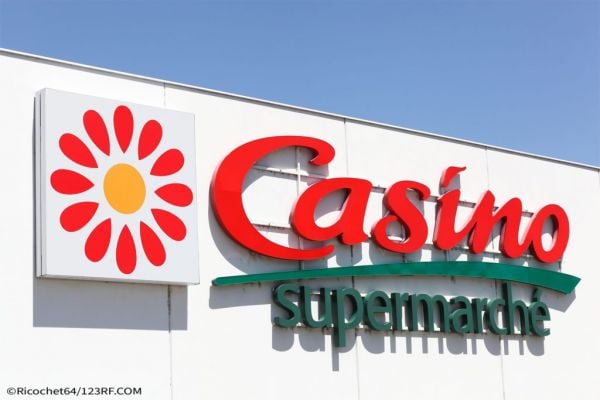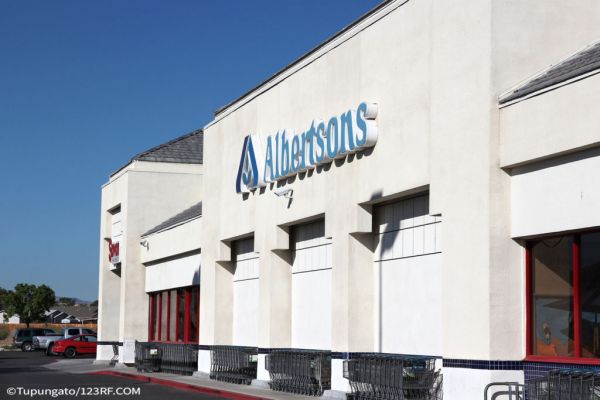British grocery inflation eased for a fourth month in a row in July, seeing its steepest decline since it peaked in March this year, according to the latest industry data, providing a bit of relief for cash-strapped consumers suffering from high prices.
Market researcher Kantar said annual grocery inflation was 14.9% in the four weeks to 9 July, falling 1.6 percentage points from the 16.5% in its June data set.
“That will be good news for many households although, of course, the rate is still incredibly high,” Fraser McKevitt, head of retail and consumer insight at Kantar, said.
Prices are rising fastest in markets such as eggs, cooking sauces and frozen potato products.
The UK government's key pledge to halve inflation in 2023 ahead of a probable election in 2024 has been undermined by stubbornly high food inflation.
Signs that it is abating are being closely watched by consumers, the Bank of England and lawmakers.
McKevitt added, “The boost to promotional spending has contributed to bringing inflation down but this isn’t all that’s driving the change. Prices were rising quickly last summer, so this latest slowdown is partially down to current figures being compared with those higher rates one year ago.”
Food Inflation
Last month, market leader Tesco said food inflation had peaked and all of Britain's major grocers have cut the prices of some products in recent weeks. Recently, new reductions were announced by Iceland Foods.
The Kantar data going into July provides the most up to date snapshot of UK grocery inflation.
Official data for overall UK inflation in June will be published on Wednesday (19 July). It was running at 8.7% in May – the highest rate among the world's big rich economies.
Kantar said that at the current level of grocery inflation, households would have spent £683 (€786) more on their annual grocery bill to buy the same items as they did a year previously, but consumers have adapted their habits to limit this increase, whether by trading down to cheaper products or visiting different grocers.
It said the average annual increase to household spending over the past 12 months has actually been £330.
The researcher said UK grocery sales rose 10.4% over the four week period year-on-year on a value basis.
Top Retailers
Over the 12 weeks to 9 July, German owned discounters Aldi and Lidl were again the fastest growing grocers, with sales up 24.0% and 22.3% respectively, partly due to new store openings.
Sainsbury’s sales grew by 10.7%, ahead of Asda and Tesco, which increased sales by 10.5% and 10.2%, respectively.
Morrisons reported growth of 2.5%, its best since April 2021 and its eighth month in a row of improved performance, data showed.
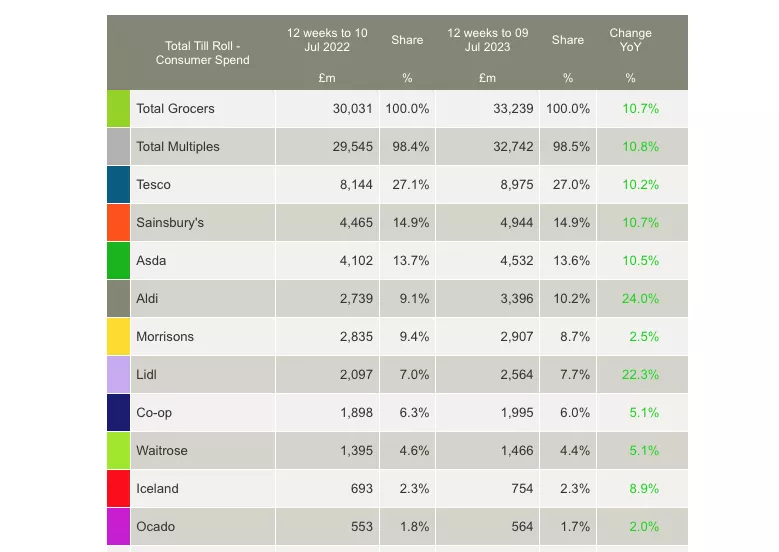
Elsewhere, Waitrose and Co-op saw growth of 5.1% over the 12 weeks, the highest both retailers have experienced since March 2021.
Frozen food retailer Iceland's sales by grew by 8.9%, while Ocado reported a 2.0% increase.
In terms of market share, Tesco emerged on top at 27.0%, followed by Sainsbury's and Asda at 14.9% and 13.6%, respectively. [Additional reporting by ESM]
